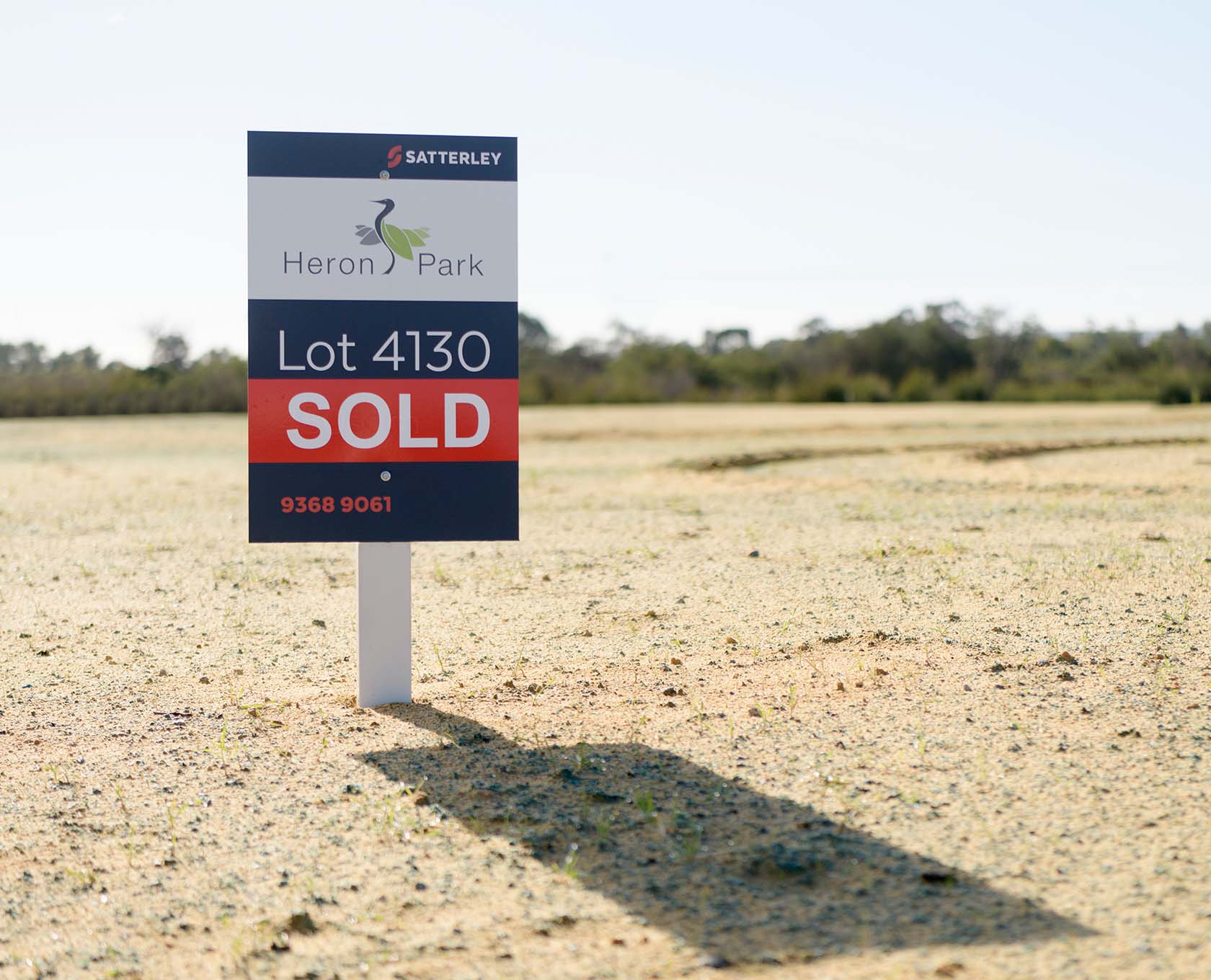
Contracts and Settlements: Tips for Home Buyers
As you enter the formal stages of your land buying, home building journey, it’s important to know what to expect, and how you should position yourself to get a deal you’re happy with. Let us get you up-to-speed on the ins and outs of the purchasing process.

Consult a Settlement Agent
Given all of the legal paperwork and fine print that goes into purchasing a new home, it pays to have a settlement agent on your side who knows the process, inside and out. Engaging a licensed settlement agent, also known as a conveyancer, is part and parcel of the property journey.
They will prepare all of the necessary legal documentation and ensure that you are kept up to date about your rights, obligations and all other important information regarding the property you intend to purchase. Simply put, a conveyancer will act and negotiate in your best interests throughout the entire buying process, all the way until post-settlement.
Making an Offer
With a qualified professional by your side you can now get the ball rolling as you start ironing out the details of your property purchase – important dates, sale price and all.
Reviewing the Contract
Regardless of whether you’re purchasing vacant land or an established home, for property to be legally transferred from seller to buyer, a contract of sale will need to be signed by both parties. Also known as an Offer and Acceptance Contract in Western Australia, this is a binding agreement which outlines all the terms and conditions of the purchase, including things such as:
- Name of purchaser and seller
- Details of the property
- Settlement date
- Incentives offered by the developer
- Deposit amount and purchase price
- Conditions relating to finance (e.g. ‘subject to loan approval’)
Additional specifications, known as an annexure, regarding things like building guidelines of the community, and subdivision details may also be attached to the contract.

When buying land or a house and land package in a residential community, you’ll be making the purchase through a private sale treaty. This means that the contract of sale will have to be prepared by the real estate agent on the land developer’s end, even before the property can be advertised.
Before making an offer, it’s vital that you take the time to carefully go over every detail of the contract of sale. This is your chance to make sure that you understand and are happy with all the terms and conditions of the agreement before you sign it.
Is it a conditional contract that factors in your need to secure finance or sell your current home before you can complete the purchase? Does it stipulate whether you’re buying titled or untitled land? On top of your trusty conveyancer, it’s wise to also seek professional financial advice during this stage as well to ensure you make the best decision possible.

Execution of Contracts
Once you and the seller are happy with the details of the contract and have settled upon a purchase price, it’s time to sign along the dotted line. Often referred to as the exchange of contracts, this is where both parties swap signed copies of the contract of sale, at which point the agreements become legally binding.
Pay the Deposit
Generally, you will be required to pay a deposit following the acceptance of the contract, within a timeframe stipulated in the contract. These funds are held in a trust account by the real estate agent and are only accessible to the seller upon settlement.

Lead Up to Settlement Day
With the contracts exchanged and any conditions of the contract having been satisfied, you’ve now entered the home stretch of the buying process – the settlement period. This will usually be within 28 days from all conditions of the contract being satisfied; otherwise known as the contract becoming ‘unconditional’.
During the settlement period your conveyancer will work alongside you to ensure that all the necessary conditions of settlement are met. This usually includes:
- Both parties signing and lodging the Transfer of Land document that has been prepared by your conveyancer
- Organising your finances to pay the balance of the purchase price, stamp duty and other relevant fees
In the case of a house and land package, it’s good practice to also:
- Conduct a pre-settlement inspection (with a licensed building inspector)
- Take out home and contents insurance (effective from day of settlement)

Finalising the Sale: Settlement
The day has finally arrived! Now it’s just a matter of finalising the last parts of the sale. This typically entails your conveyancer meeting with the seller’s representative and paying the balance of the purchase price, once you’ve authorised your lender to transfer your funds to your representative. Any payable stamp duty will also have to be settled at this time. Once all the funds have been transferred, you’ll finally achieve settlement and officially take ownership of your property. Congratulations! You’re now well and truly on your way to building a home you can be proud of.
Post-Settlement
Following settlement day, the land registration details will be changed to reflect that you are now the owner of the homesite. Your settlement agent or mortgagee will need to register the transfer documents with the land titles office of your state. From here your settlement agent will advise the relevant authorities, such as the local council, water provider and the State Revenue office, that the property now has a new owner.

Our settlement agent of choice is Century Settlements.


